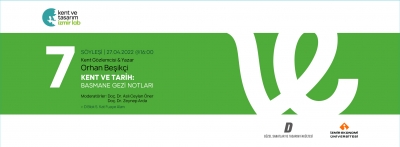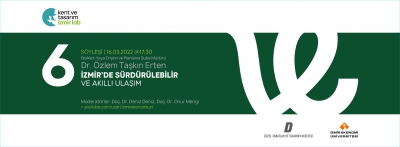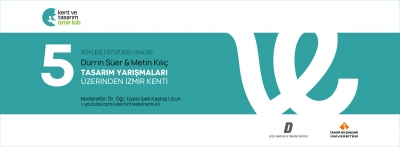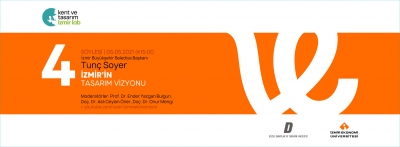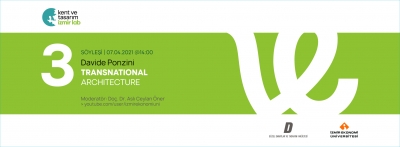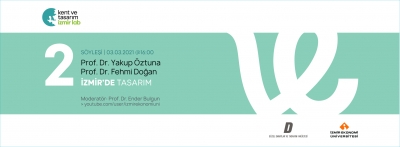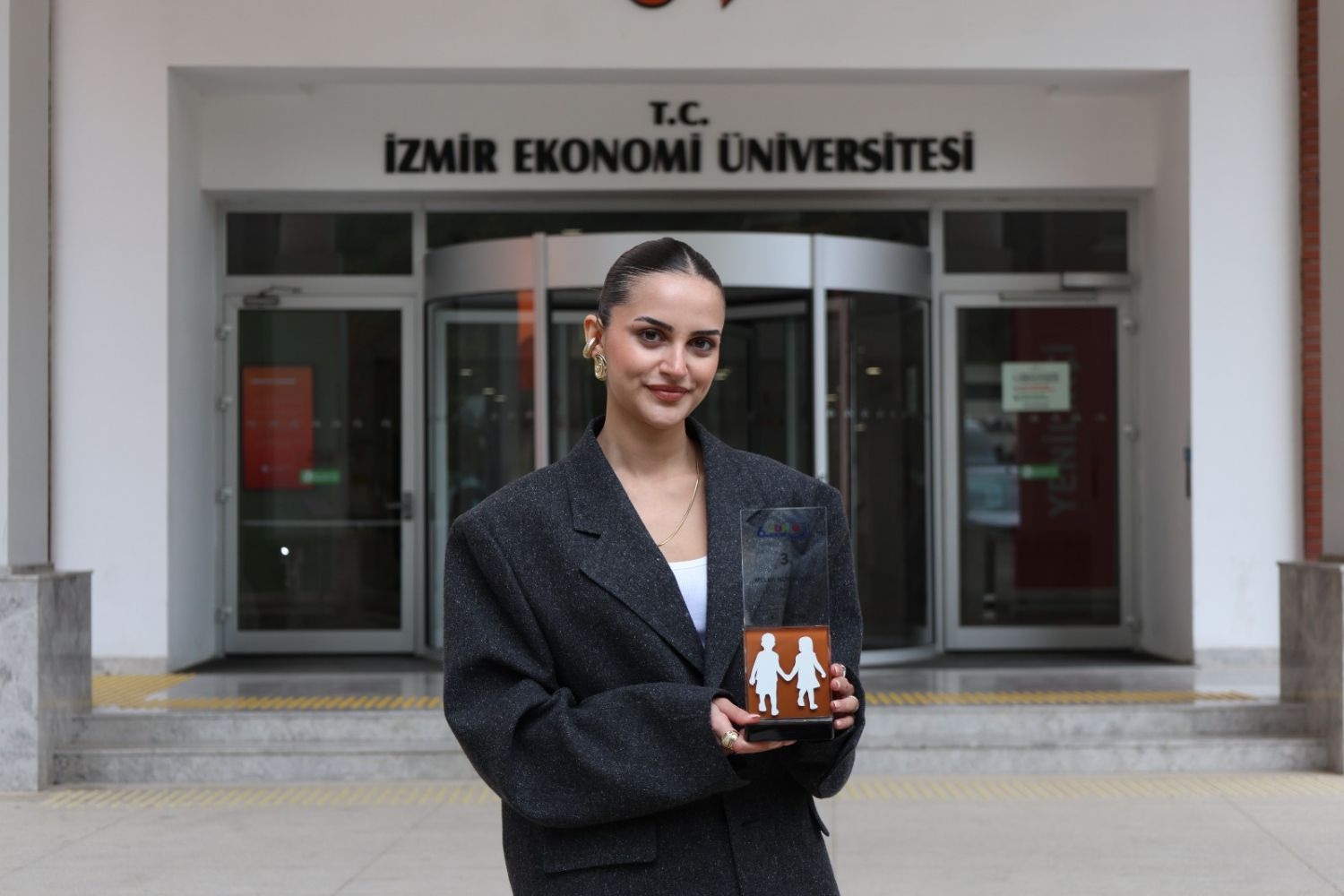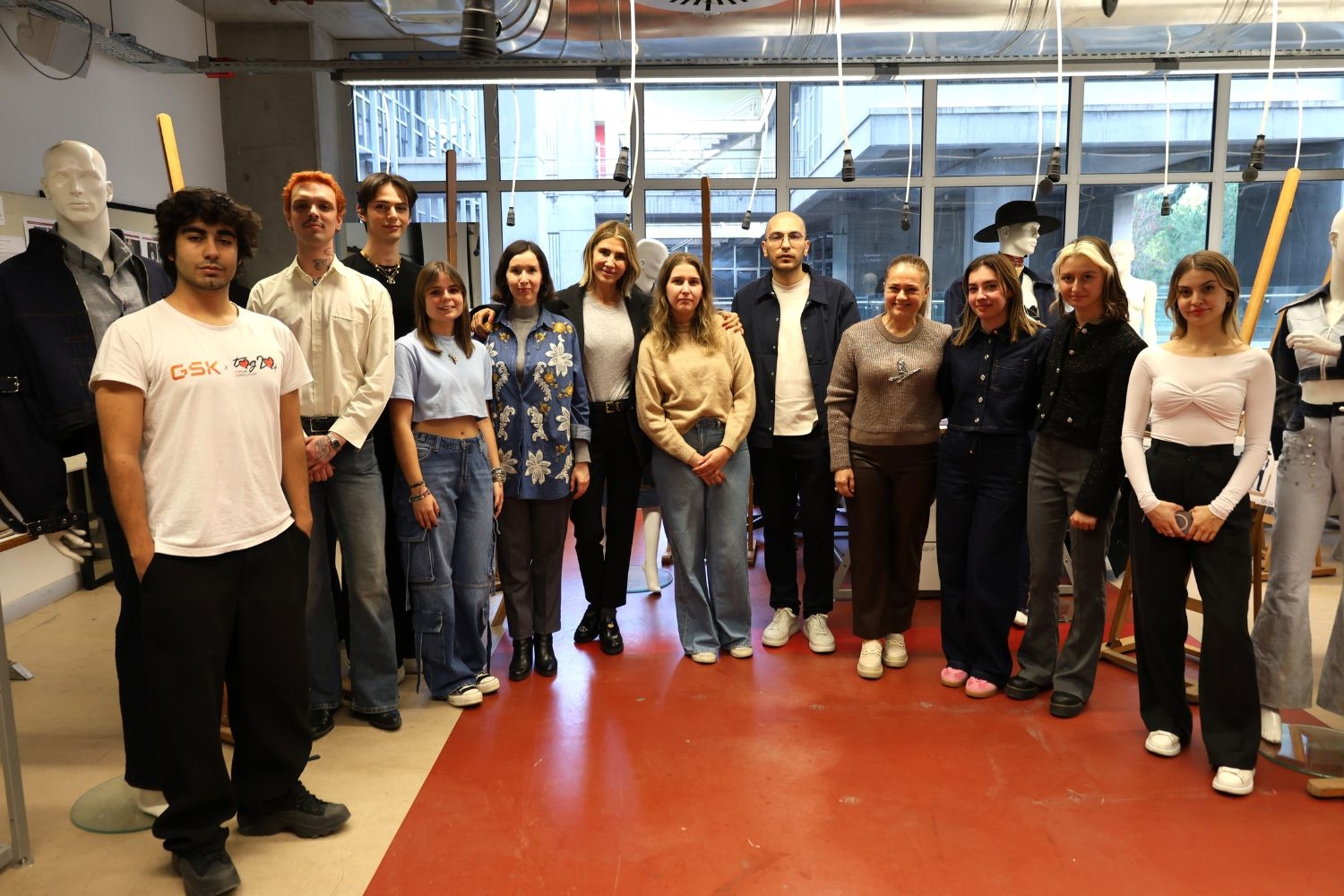FACULTY OF FINE ARTS AND DESIGN
Department of Textile and Fashion DesignTextile and fashion Design Department Objectives
Our department conducts its educational activities with a holistic approach that goes beyond the development of individual competencies, placing academic depth, sectoral impact, and social contribution at its core. Within this framework, the department’s educational objectives are structured under the following headings, based on concrete, traceable, and sustainable goals:
1. Continuously Improving the Quality of Education: At the end of each academic year, course content is reviewed and the curriculum is updated in light of student feedback, alumni tracking data, input from industry representatives, and current developments. This continuous improvement approach aims to support students in developing creative thinking, critical perspectives, and adaptability to sectoral innovations. Ultimately, the goal is to equip students with the knowledge and skills required by the contemporary world.
2. Ensuring Effective and Participatory Academic Governance: Transparency and inclusiveness are fundamental in academic decision-making processes. To this end, department committees convene at least six times a year to make collective decisions on matters related to education, research, and community engagement. With the active contribution of faculty members, this process ensures systematic academic planning and the effective functioning of quality assurance mechanisms.
3. Promoting Social Responsibility and Social Benefit through Design: The department aims for students to perceive design not merely as an aesthetic or functional output, but as a tool with the potential to create social impact. Accordingly, at least one social responsibility project is developed each academic year, supporting work that fosters awareness on issues such as environmental sustainability, social inequality, and cultural heritage. These efforts aim to cultivate a socially innovative design perspective among students.
4. Strengthening Project-Based Learning and Encouraging Industry Collaboration: A project-based education model is adopted to enable students to experience design processes within real-life contexts, align their creativity with professional demands, and enhance their vocational skills. Each academic year, at least one studio project is carried out in collaboration with an industry partner. Through these projects, students gain hands-on experience in developing solutions to current industry challenges, understanding client expectations, managing time and processes, and improving their professional communication skills. In addition, students are encouraged to participate in at least one national or international design competition during their studies, supported through competition-based workshops and mentorship programs.
5. Enhancing Research and Development (R&D) Capacity: To increase the department’s academic productivity and foster a research-oriented culture, faculty members are encouraged to publish high-quality research at both national and international levels. In particular, publication in journals indexed by Web of Science and Scopus is supported, with the goal of each faculty member publishing at least one WoS-indexed article every two years. Furthermore, in order to support ongoing research within the department, faculty members are expected to submit at least one Scientific Research Project (BAP) application every two years, and to conduct at least one EU-funded project every four years to enhance the department’s international visibility. These goals not only promote the production of scientific knowledge but also facilitate its integration into the educational program.
NEWSALL NEWS

IZMIR UNIVERSITY OF ECONOMICS GÜZELBAHÇE CAMPUS
DetailsGLOBAL CAREER
As Izmir University of Economics transforms into a world-class university, it also raises successful young people with global competence.
More..CONTRIBUTION TO SCIENCE
Izmir University of Economics produces qualified knowledge and competent technologies.
More..VALUING PEOPLE
Izmir University of Economics sees producing social benefit as its reason for existence.
More..









